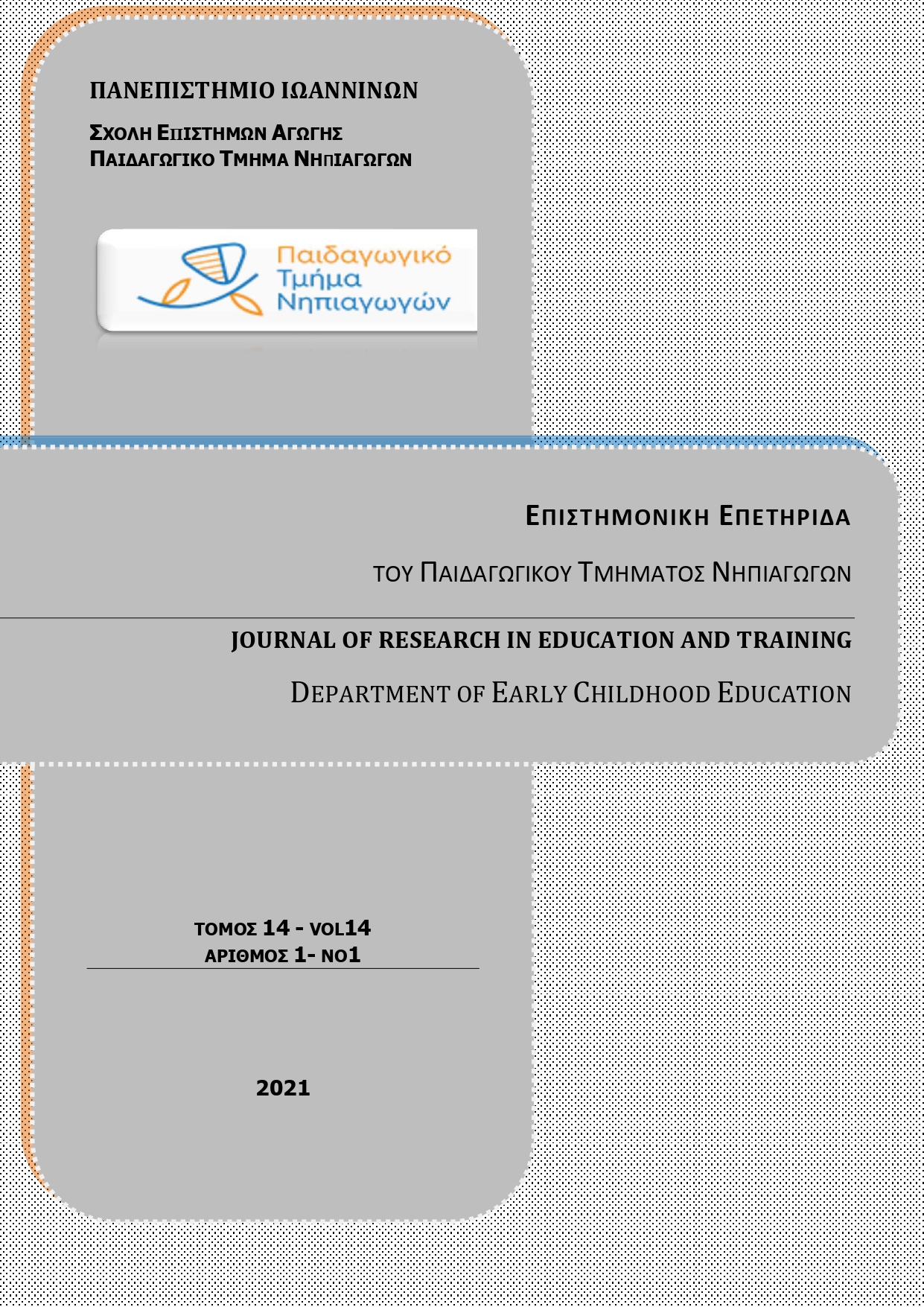Τhe teachers talk about parents' unconscious desires for their child

Abstract
The aim of this project is to highlight a child’s position into the unconscious desires of their parents. The child –as an object- is pointed out among the significant values that constitute the real subject of their parents. The endangerement lies on the fact that the child is expected to perform as what can only be defined as a function of these significant values of their parents, in a vain attempt to be identified as a separate person. This study is based on qualitative methodology and more specifically, the data was collected through focus groups. The population of the survey is consisted of three teams of pre-school and primary education teachers. There are five teachers of lower primary school grades in the first team, five early childhood educators in the second team and three nursery attendants in the third team. Everyone taking part in the survey have at least five years of service at state schools and in this way, through their experience and contact with their students and the parents of their students, they meet the objectives of this survey. The data analysis was carried out according to the grounded theory. The key matters were effortlessly highlighted throughout the studying of the data. According to the results of the survey, parents are likely to identify their own value with their children’s performance and therefore put pressure on them, awaiting for their own unfulfilled wishes to be realized. This attitude on behalf of parents causes confusion and anxiety to children who, while they are struggling to become independent, they become the objects of their parents’ narcissistic behavior.
Article Details
- How to Cite
-
Kountouras, G., & Gennisariotou, D. (2021). Τhe teachers talk about parents’ unconscious desires for their child. Journal of Research in Education and Training, 14(1), 1–27. https://doi.org/10.12681/jret.22887
- Issue
- Vol. 14 (2021)
- Section
- Articles

This work is licensed under a Creative Commons Attribution-NonCommercial-ShareAlike 4.0 International License.
Authors who publish with this journal agree to the following terms:
- Authors retain copyright and grant the journal right of first publication with the work simultaneously licensed under a Creative Commons Attribution Non-Commercial License that allows others to share the work with an acknowledgement of the work's authorship and initial publication in this journal.
- Authors are able to enter into separate, additional contractual arrangements for the non-exclusive distribution of the journal's published version of the work (e.g. post it to an institutional repository or publish it in a book), with an acknowledgement of its initial publication in this journal.
- Authors are permitted and encouraged to post their work online (preferably in institutional repositories or on their website) prior to and during the submission process, as it can lead to productive exchanges, as well as earlier and greater citation of published work (See The Effect of Open Access).


